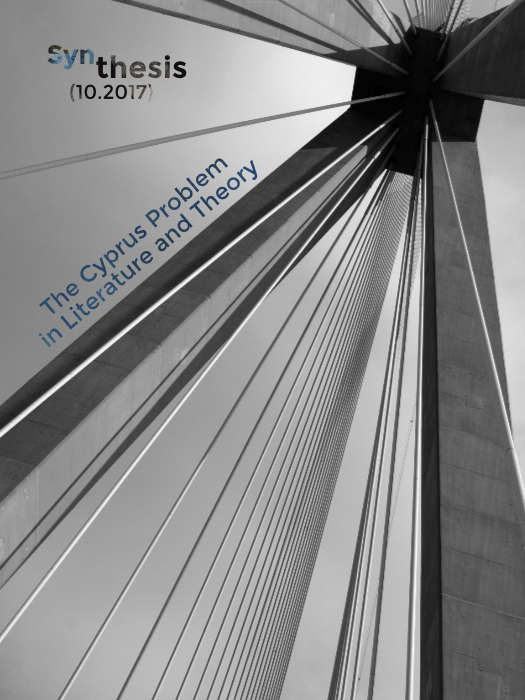The Representation of Cyprus’s Trauma in Andrea Busfield’s Aphrodite’s War: Conflict or Dialogue?

Abstract
The aim of this article is to examine the representation of the events in Cyprus in the middle and second half of the twentieth century as depicted in Andrea Busfield’s novel Aphrodite’s War (2010). The article discusses the methods and narrative strategies of disclosing collective trauma and considers the fact-fiction dimension, arguing the presence of it in a trauma narrative. Narrative strategies in trauma fiction are discussed and the author’s approach to the restatement of the national trauma is analysed. It is debated whether the novel can be described as a post-trauma testimony and whether the narrative is constructed on unified memory concepts. Postmemory is viewed within the framework of transgenerational trauma and the role of collective memory in the transmission of trauma is emphasised. Based on the ethical charge of the narrative, the reader’s status in the relationship with a trauma novel is questioned.
Article Details
- Section
- Articles

This work is licensed under a Creative Commons Attribution 4.0 International License.
The copyright for articles in this journal is retained by the author(s), with first publication rights granted to the journal. By virtue of their appearance in this open access journal, articles are free to use with proper attribution. Synthesis retains the worldwide right to reproduce, display, distribute, and use published articles in all formats and media, either separately or as part of collective works for the full term of copyright. This includes but is not limited to the right to publish articles in an issue of the Journal, copy and distribute individual reprints of the articles, authorize reproduction of articles in their entirety, and authorize reproduction and distribution of articles or abstracts thereof by means of computerized retrieval systems.



